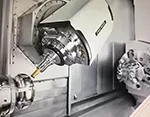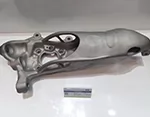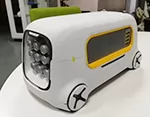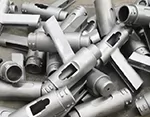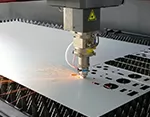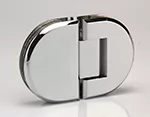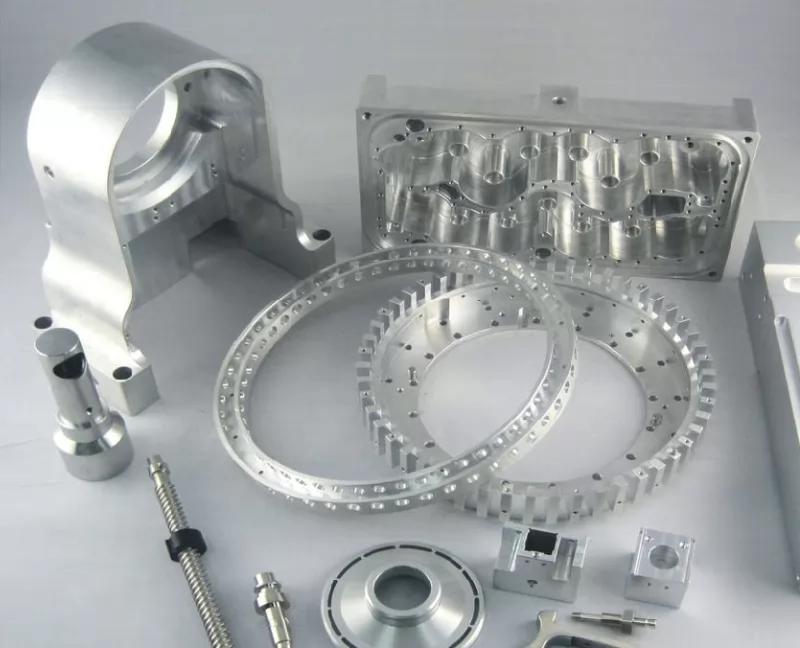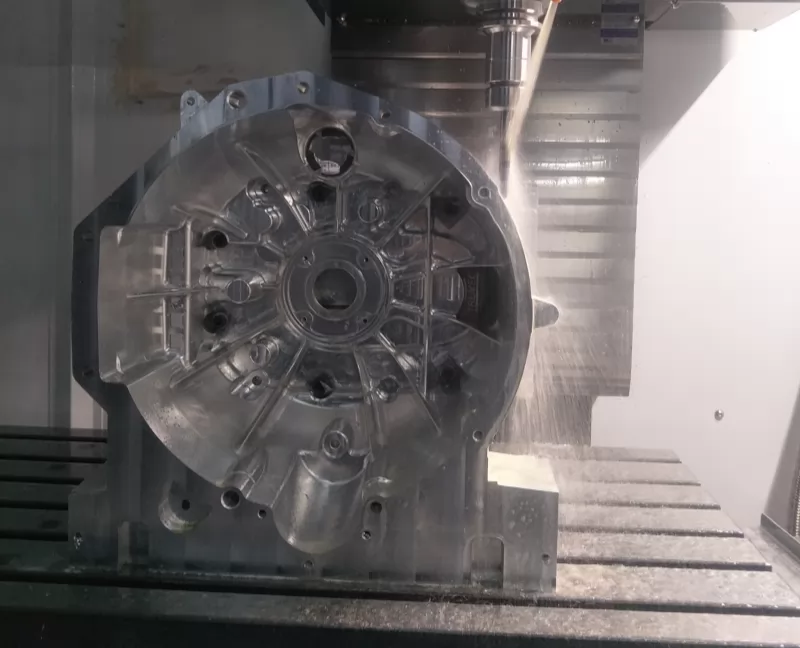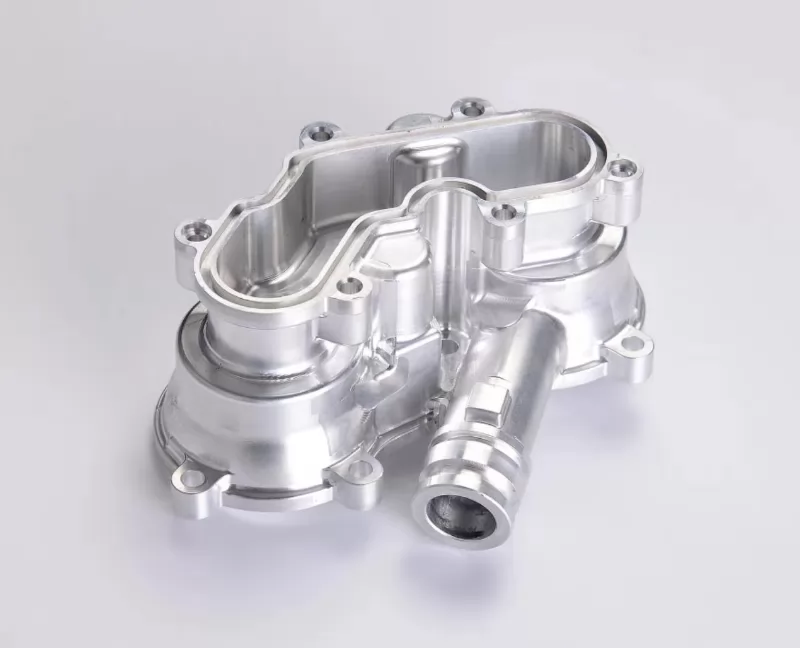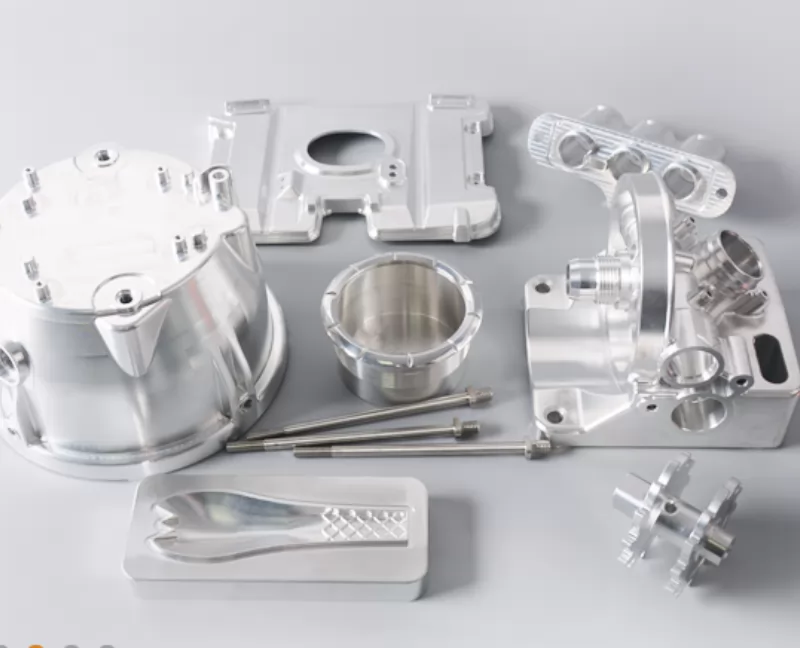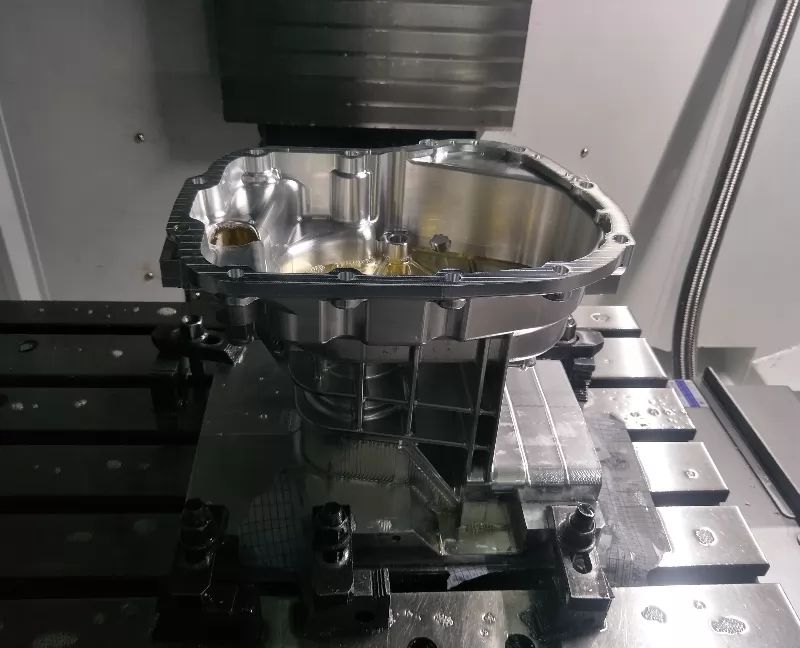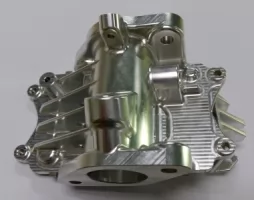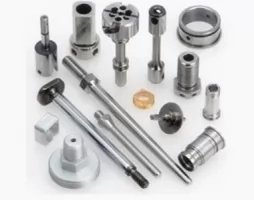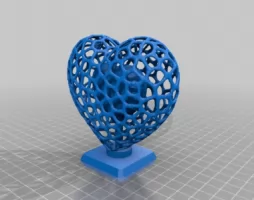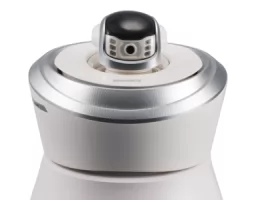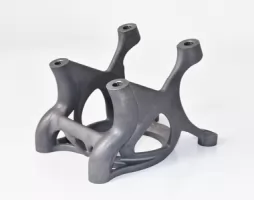-
Service
+
- CNC Precision Machining Service +
- Multi-Axis Simultaneous Machining Service +
- CNC Turning Service +
- Metal 3D Printing Service +
- Rapid Prototyping Service +
- Die Casting Service +
- Sheet Metal Fabrication Service +
-
Finish Serivces
+
- Polishing
- Grinding
- Brushed Finish
- Sand blasting
- Painting
- Powder Painting
- Anodizing
- Hard anodizing Service
- Passivation
- Zinc Plating
- Nickel Plating
- Chrome Plating
- Blackening
- Black Zinc Plating
- Teflon Coating
- Titanium Coating
- DLC Coating
- Laser Marking
- Silk Screen Printing
- Transfer Printing
- Micro Arc Oxidation
- Industries +
- About Us +
- Resource +
- Contact Us
- Quote

-
Service
-
>
-
>
-
>
-
>
-
>
-
>
-
>
-
>
-
- Industries
- About Us
- Resource
- Contact Us
Kesu Hardware specializes in a wide range of manufacturing services, including CNC machining, sheet metal fabrication, rapid tooling, etc. We prioritize attention to detail and quality in every project and product we undertake.
What is CNC Machining
CNC (Computer Numerical Control) machining is a manufacturing process that uses computerized controls and machine tools to produce complex and precise parts and components. It involves the use of computer-aided design (CAD) software to design the part and convert the design into a code (G-code) that can be read by the CNC machine.
The CNC machine then uses the G-code to control the movement of cutting tools or other tools, such as drills or lathes, to remove material from the raw material (such as metal or plastic) to create the desired shape and dimensions. CNC machines can produce parts with high precision and accuracy, and they can be programmed to produce identical parts in large quantities. CNC machining is used in a variety of industries, including aerospace, automotive, medical, and electronics.
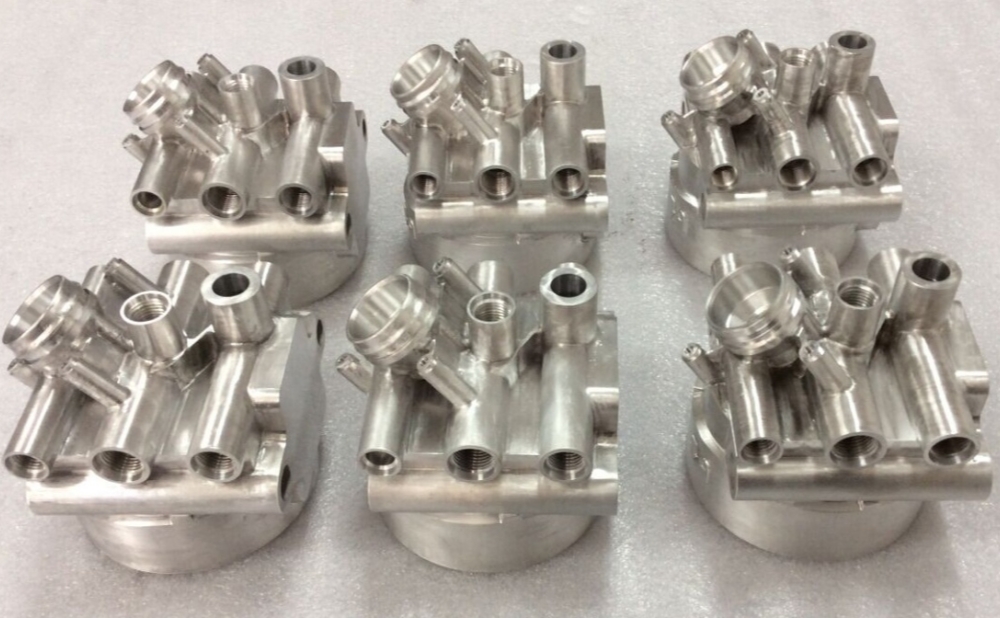
Advantages of CNC Machining
• Precision and Accuracy:
CNC machines can produce parts with high precision and accuracy, making them ideal for creating complex shapes and parts with tight tolerances.
• Consistency:
CNC machines can produce identical parts in large quantities with consistent quality, reducing the chances of errors and variations in the final product.
• Automation:
CNC machines are fully automated, which means that they can run for long periods without human intervention. This reduces the need for manual labor and increases efficiency and productivity.
• Flexibility:
CNC machines can be programmed to produce a wide range of parts and components, making them ideal for prototyping and small production runs.
• Reduced Waste:
CNC machines are capable of producing parts with minimal waste, as they can be programmed to optimize material usage and reduce scrap.
• Improved Safety:
CNC machines are designed to operate in a safe and controlled manner, reducing the risk of accidents and injuries in the workplace.
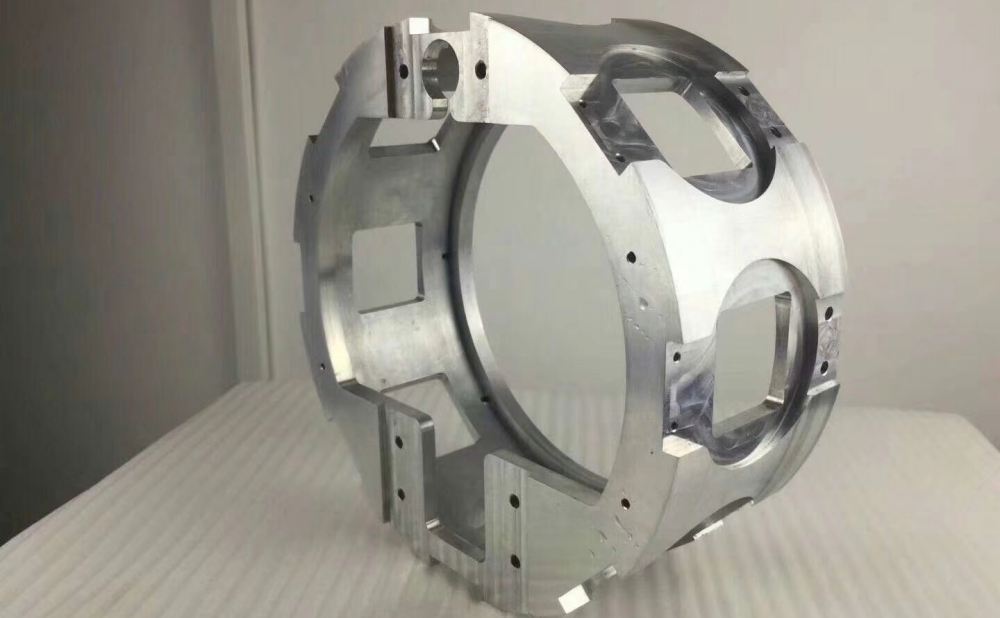
CNC Machining Processes:
CNC Milling:
CNC milling is a type of subtractive manufacturing technique that employs computer numerical control (CNC) to operate 3-axis and 5-axis cutting tools that remove material from plastic or metal blocks.
We employ both 3-axis milling and 5-axis indexed milling techniques to fabricate bespoke prototypes and end-use production components in as little as three days, using over 25 engineering-grade metals and plastics.
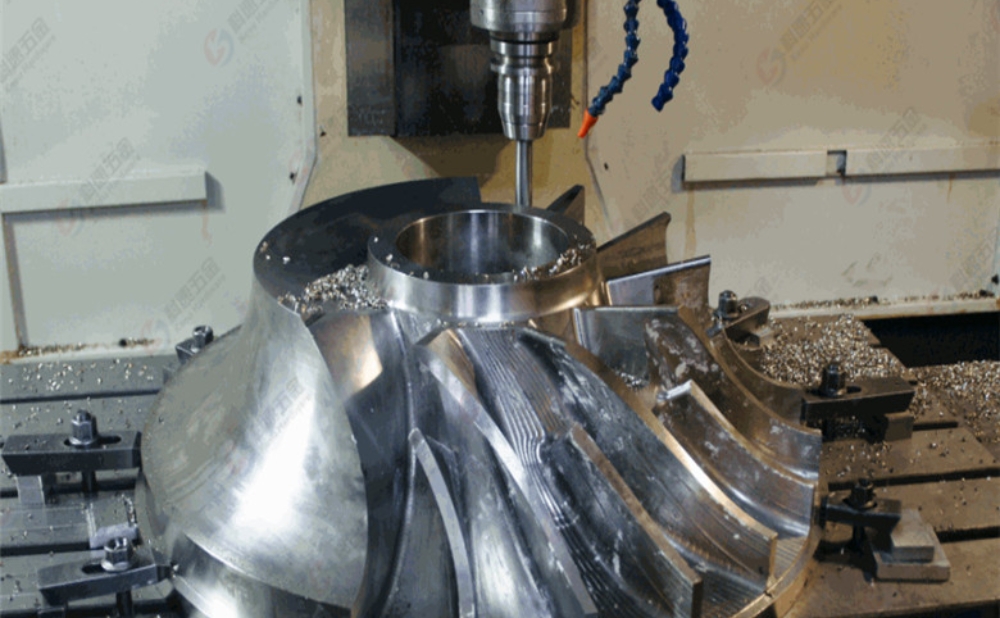
CNC Turning:
CNC turning is a highly precise form of machining that involves the removal of material by a cutting tool in contact with a rotating workpiece. The movements of the machinery are guided by computerized instructions, ensuring exceptional precision and consistency.
In contrast to CNC milling, where the cutting tool rotates and approaches the stationary workpiece from different angles, CNC turning revolves around rotating the workpiece in a chuck. This method is primarily employed for fabricating round or tubular shapes, allowing for the creation of more precise curved surfaces than would be feasible with CNC milling or other techniques.
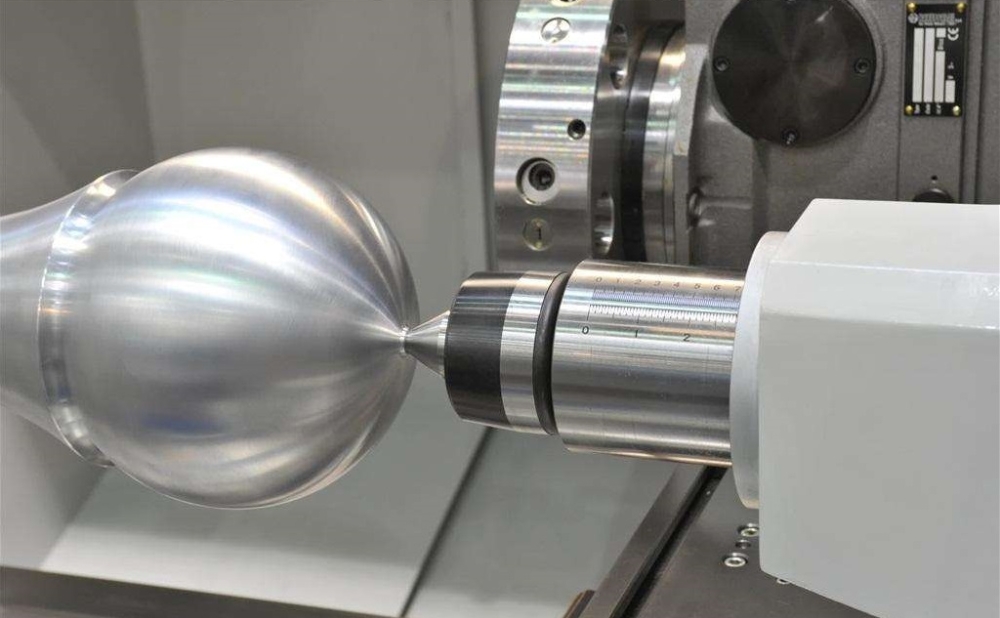
Applications of CNC Machining
• Manufacturing of complex parts
• Rapid prototyping
• Custom tooling and fixtures
• Production of low-volume parts
• Aerospace and defense
• Medical device manufacturing
• Automotive manufacturing
Contact:
Email: Diana@kesugroup.com,
WhatsApp: +86 156-2583-1454
Our engineer team are ready for your projects and provide feedback quickly.

